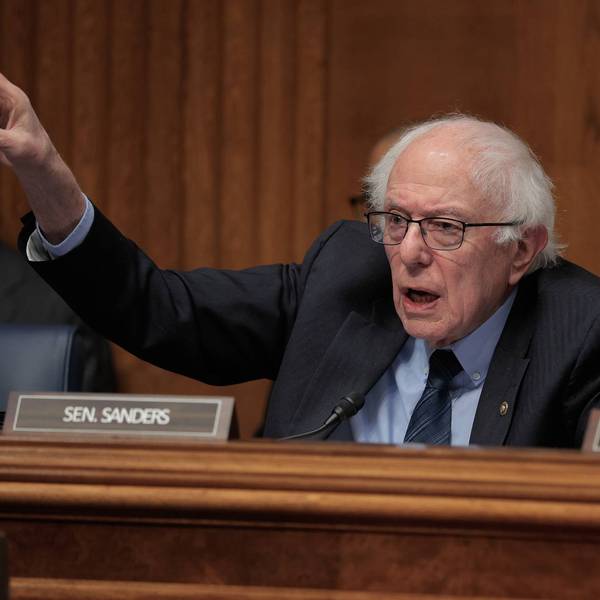This is despicable, and it needs to change.
One solution could come from your friendly neighborhood Post Office. What if you could get a low-interest loan there, rather than an extortionate payday loan from a for-profit payday loan company?
Postal banking used to be widespread. Now it could be coming back.
New York Senator Kirsten Gillibrand recently announced a bill to reintroduce the practice, aiming to put the Post Offices scattered throughout the country for a broader use: providing banking to the unbanked. The bill would allow postal banks to make loans of up to $1,000 at low interest rates, cash people's paychecks free of charge, and provide other basic services such as checking accounts.
The idea, long touted by progressive senators Bernie Sanders and Elizabeth Warren and many local activists, would give millions of Americans a service long excluded from their communities. It's "a solution to take on payday lenders, to take on the problems that the unbanked have all across the country," Gillibrand has said.
It would also tackle the banking industry writ large.
Big banks often refuse to open branches in poor or minority areas, and many remaining branches are closing, thanks to industry consolidation and online banking. None of this is due to a lack of profits or money -- banks are saving billions thanks to the Republican tax reform. Instead, it's a larger, conscious choice by these banks.
Postal banking would provide essential banking services throughout these banking deserts, reaching out to people who struggle to make it day-to-day without something as mundane as a debit card.
It also provides an alternative to the shady tactics used by banks to lure in customers and make record profits. Wells Fargo famously encouraged employees to open up false accounts in their customers' names to boost the corporate bottom line. Major banks have also helped payday lenders siphon money out of customers' accounts automatically, so the lenders can get their own payday.
And, of course, predatory banking practices were one of the catalysts of the financial crisis.
Americans deserve better options than banking with these wolfish institutions. Getting trapped in a payday loan cycle badly hurts their ability to get past living paycheck-to-paycheck. An opportunity to break that cycle is badly needed.
Postal banking would succeed in fracturing an industry that works so hard to keep on exploiting hardworking Americans. It would also help under-served communities get on their feet. Who doesn't want that?




